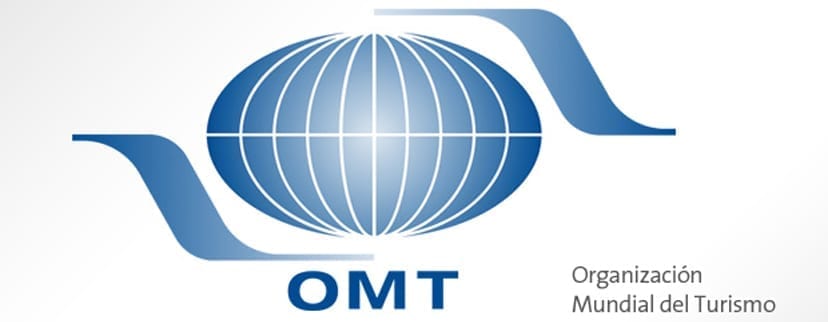Costa Rica highlighted at the international level the implementation of the Index of Social Progress in Tourist Centers, which was presented to the World Tourism Organization (WTO).
The country was number 12 among the finalists in the awards of Innovation and Excellence in Tourism. This event was held in Spain and was organized by the WTO, prior to the International Tourism Fair (Fitur).
Mauricio de Ventura, Minister of Tourism and Roberto Artavia, President of the Incae Executive Council, were in charge of the presentation.
Minister Ventura commented that Costa Rica became the first country in the world to carry out the measurement of the Social Progress Index (IPS) in Tourist Centers. “This momentous fact allowed UNWTO to choose our country among 55 nations and 139 candidates to compete for these recognized awards that are awarded to innovative projects,” he said.
For Artavia, this measurement is aligned with the United Nations’ Sustainable Development objectives, and therefore represents a tool to promote joint actions between leaders and decision makers of the tourist centers, with the objective of developing an agenda of strategies and interventions To ensure the improvement of the life of the inhabitants in their respective communities.
What does it consist of?
In this first stage, 10 Tourist Centers were selected to represent the different types of sustainable tourism development in the country (Fortuna, Papagayo, Tamarindo, Santa Teresa, Monteverde, Drake, Tortuguero, Puerto Viejo, San Gerardo and Manuel Antonio).
The ICT developed the project together with the Incae and a home-level survey was carried out designed to obtain the necessary information in accordance with the methodology of the Social Progress Index.
This is the first integral measure of a community’s performance, which allows the evaluation of the welfare of people in a society independently and complementary to traditional economic measures, such as Gross Domestic Product (GDP), income or indicators Of competitiveness. This is done in order to facilitate a better intervention by the State, civil society and private companies, regarding the adequate identification of social and environmental priorities.
Source: http://www.crhoy.com/



